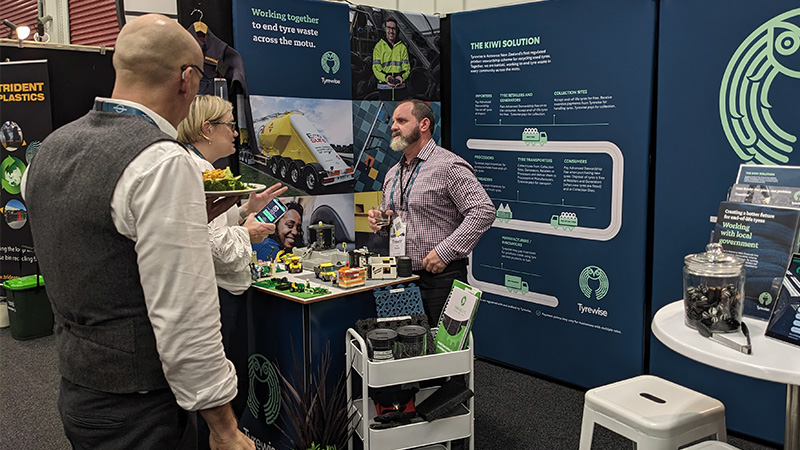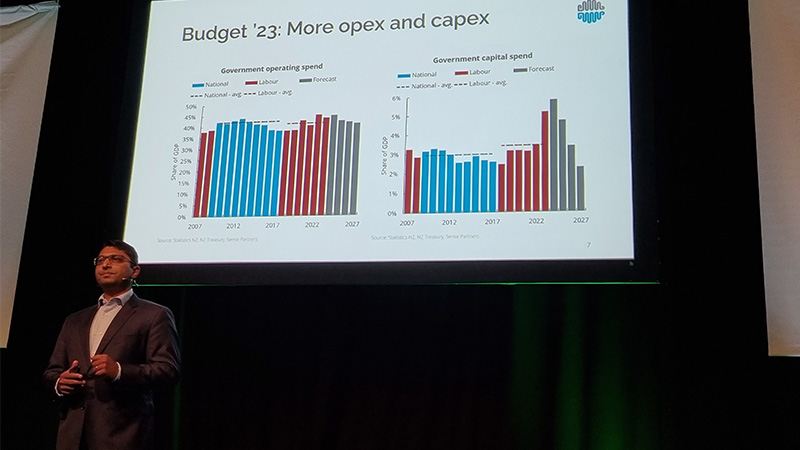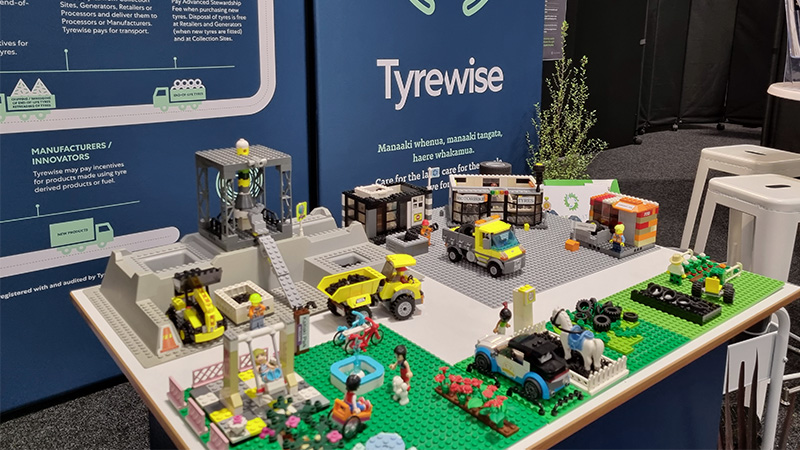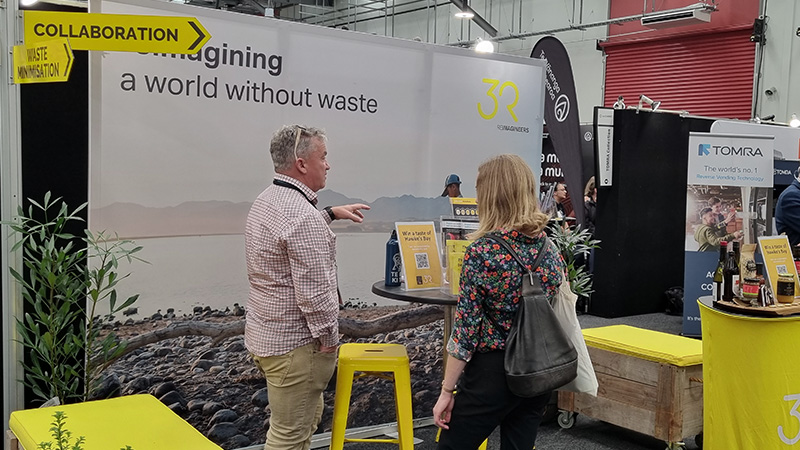Insights and inspiration from WasteMINZ 2023
It’s been four years since the annual WasteMINZ conference was held in person, so we were pretty excited to head up to Hamilton last week. The reimagineers who attended sum up their key takeaways from the event:
Adele Rose – Chief Executive
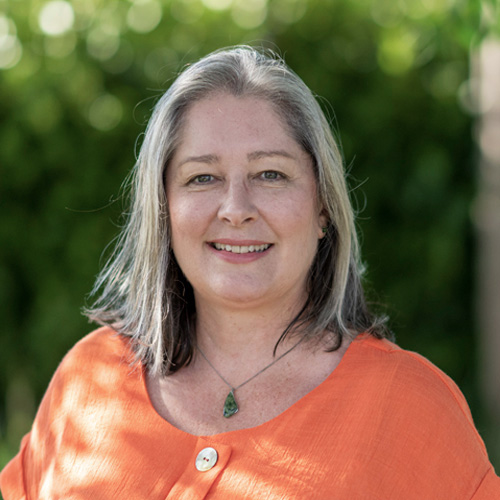
Aside from myself being four years older and greyer, the WasteMINZ team did not skip a beat, providing us all with another excellent few days to network and collaborate.
As always, I valued the Ministry for the Environment’s update sessions, particularly around the future waste legislation and the accompanying investment plan. This plan should deliver the real grunt behind the strategy we all hope to see.
In terms of product stewardship, it will be interesting to see how the expansion of the enforcement and compliance actions, to be held by the Environmental Protection Agency, will work ‘in the field’. It’ll also be interesting to see how the market adjusts to the removal of the Ministry’s accreditation for voluntary product stewardship schemes.
I was particularly interested in the sessions that explored Outcomes Based Contracting. This looked at removing transactional financial performance engagement with an approach that equally values the less tangible benefits and supports long-term supplier/contractor relationships as opposed to short cycles of engagement. Supporting the supplier to make an investment in people and infrastructure in the long term is a win-win for sustainability.
But what really caught my attention was the final session delivered by Ethically Kate calling out how “sustainable” those working in the waste to resources fields actually are as people. How many times do we work hard all week only to get to the weekend too exhausted to enjoy the break, and find ourselves back at work on Monday as tired as we left it on Friday? Her mantra, “We are here to be alive, so let’s live it fully,” left a lasting impression.
Dominic Salmon – Business Development, Sustainable Solutions
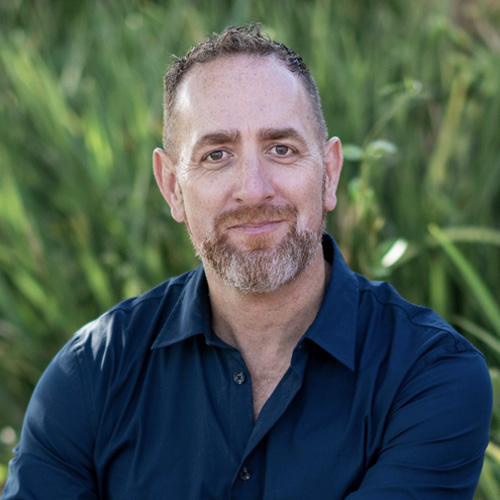
It was great to see the industry meeting in person again for the first time in four years and see how much can be solved in this format. There is huge benefit in being able to talk to people face-to-face.
It was also encouraging, when looking at the trade stands, to see the focus shifting from trying to just solve existing waste streams to thinking about solutions for future issues.
I facilitated a session on managing waste in a disaster, with panelists from Christchurch, Hastings and Wairoa. Key take aways for me were that while there was a lot of planning done, no one had foreseen the extent of what happened. You must plan, prepare, and test for many scenarios.
You also have to consider not only your own infrastructure, but other infrastructure which could be affected. For example, what other channels of communications can you use, and who can you connect with, when traditional comms are down or limited.
Toni Bye – Marketing
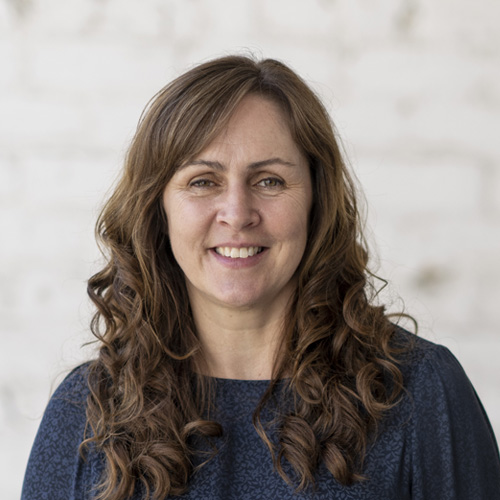
WasteMINZ reconfirmed what those of us working in the environmental sector have known for a long time; systemic change is required now – we can’t just carry on making small changes slowly. As Cradle to Cradle co-author Prof. Dr. Michael Braungart says, “Environmental efforts that look to make things less bad will ultimately fail, because less bad is not good enough.”
Many speakers pointed out we not only need more meaningful regulation from Government and cooperation with our communities, communities which is true, however we also need to engage more effectively with business in the change.” Listening to Nau Mai Rā co-founder Ezra Hirawani proves that we can disrupt entire industries and change lives for the better in the process, but we need to work alongside business to achieve this.
Jonathan Chapman from Carnegie Mellon University School of Design talked about how they are encouraging the next generation of designers to make “experience-heavy, material-light products – products designed to last and made to be made again”. With a 10-year-old daughter constantly tempted by plastic products designed to do just the opposite, this resonated with me.
The Lego city display we had made for our Tyrewise* stand is a great example of products that are experience-heavy and material light. Many of the pieces I used in the display were purchased second hand for my children and offer many decades of fun.
Jonathan also reminded us not to be fooled by digital products which feel like they have a limited emissions footprint – “Alexa, do something pointless,” said his slide. As Myclimate.org says, “Various studies estimate global digital emissions to be between 2.3 – 3.7 percent of global CO₂ emissions.”
The optimism that you often feel at a conference where everyone shares the same underlying vision was dampened slightly by economist Shamubeel Eaqub who suggested we shouldn’t expect any real change in the tempo of Government action on climate or environment regardless of who wins the next election.
He believes there is a complete lack of public consensus needed to bring about action on climate and the environment. This is surely another reason to engage with all stakeholders – consumers, communities, social enterprises, businesses and Government – to bring about change. Relying on any single group simply won’t do the job.
Trevor Tutt – GM Innovation
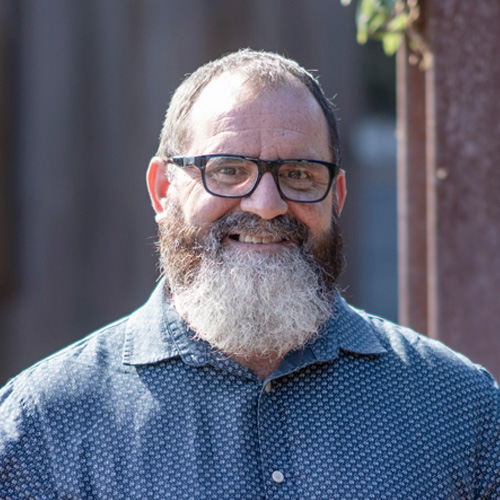
We had great engagement and interaction from councils around Tyrewise with really constructive conversations on the opportunities for progression under a regulated model.
Overall, I thought there was good cross sector representation, but I would have liked to have seen more involvement from the major waste contractors.
I also found the content positive with a forward view on change and inspiring people to be the change that needs to happen. Despite this intent though, I found it a bit lacking in quality as those lofty topics were only covered off in small-scale, regional examples.
Ezra Hirawani was my personal favourite and inspired me the most with his presentation style and the genuineness of his story and desire to see real change.
Kiri Speirs – Marketing
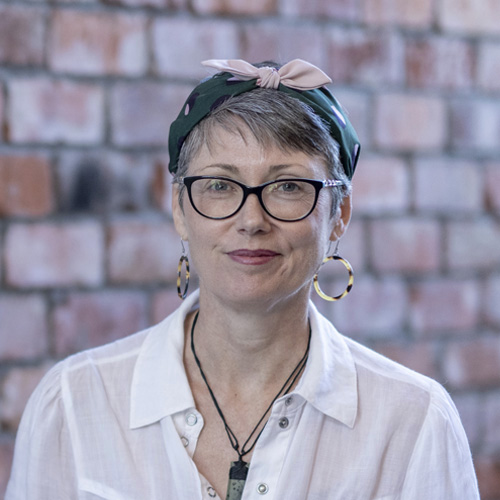
Shamubeel Eaqub made the point that on average there is very little difference in the spending between governments. The politicking and media attention around headline policies relates to about 5% of total spend – we can make a difference by influencing the 95% BAU spend.
It was clear to me that those trying to reduce waste and grow the circular economy need to get closer to business and understand commercial drivers. Again Again’s presentation about their tech solution for reusable packaging that can beat single use on a commercial basis was one of the few that acknowledged business needs to be involved in the solutions.
After attending the MfE workstream session, I’m hopeful new waste legislation will make product stewardship much more workable than existing legislation. The proposed new extended producer responsibility framework looks like it will allow for a range of funding mechanisms, e.g. deposit-return schemes, advanced stewardship fees, and fee modulation, that will be flexible enough for a range of scenarios. There will likely also be a much simpler process for setting and reviewing any fees too.
Current restrictions on what an advanced stewardship fee can be spent on limit the ability of schemes to work at the top of the waste hierarchy. Schemes need the flexibility to use levers to encourage designing for waste reduction, reuse and repair, as well as remanufacture and recycling.
The presentation that spoke to my heart was Ezra Hirawani from Nau Mai Rā. He reinforced that everyone in your business needs to know why they’re doing what they’re doing and be empowered to do the right thing by the three Ts; tīpuna, tāngata, tamariki. Our ancestors, people in the sense of our wider society, and future generations.
Jason Richards – National Programme Manager, Chemicals
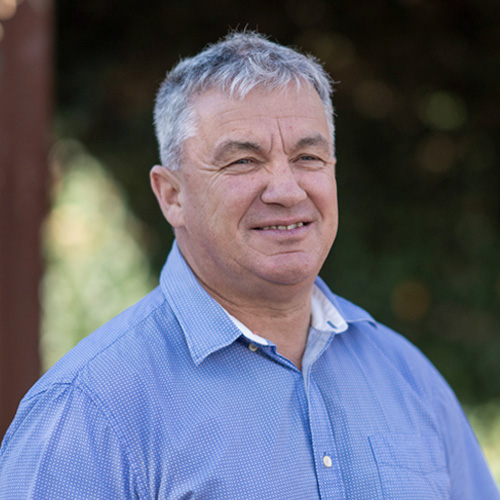
It was great to attend an in person WasteMINZ event and have the opportunity to talk to councils about removing hazardous waste from their communities. Many were keen to hear about the experience of other councils with successful MyHazWaste events and discuss how it might work for them. Sometimes we underestimate the power of in person contact.
I also really enjoyed the “challenging the status quo” sessions, which invigorated attendees with a fresh perspective on how we tackle sustainability. It was also great to learn about the Fairphone – a cell phone designed to last for longer and be easily repairable. Hopefully they will be available in New Zealand sometime soon.
*3R Group are the Tyrewise Implementation Project Managers
